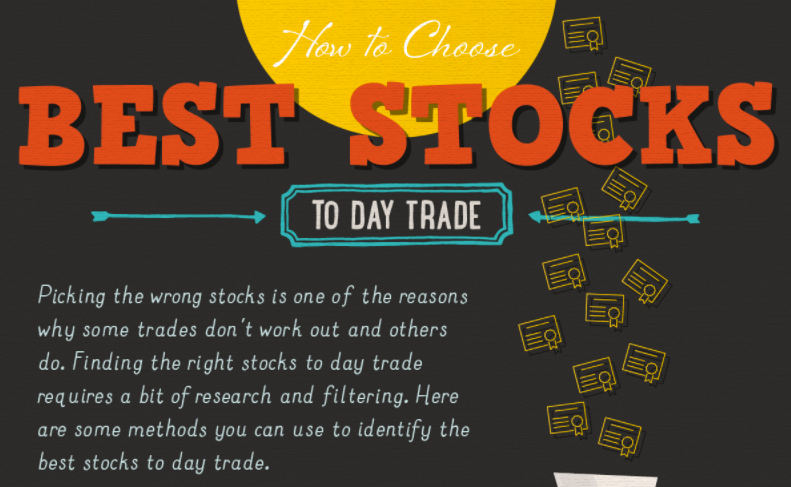Contents
Understanding the Price-to-Sales Ratio and Its Role in Value Investing
Investing in stocks based on valuation metrics is a proven strategy for identifying opportunities with strong upside potential. While the price-to-earnings (P/E) ratio is widely used, it has its limitations, especially when evaluating companies that are unprofitable or still in their early growth phases. In such cases, the price-to-sales (P/S) ratio becomes particularly valuable. By comparing a company’s market capitalization to its revenues, the P/S ratio offers a clearer picture of value when earnings are minimal or volatile.
If you are looking for growth at a discount, low P/S stocks can offer compelling opportunities. These stocks often trade below their intrinsic value, making them attractive to investors seeking upside potential without paying a premium. While the P/S ratio alone does not guarantee success, when combined with strong fundamentals and positive business momentum, it can signal a stock poised for a breakout.
What is the Price-to-Sales Ratio?
The price-to-sales ratio reflects how much investors pay for each dollar of revenue generated by a company. If the ratio is 1, investors are paying $1 for every $1 of revenues. A stock with a price-to-sales ratio below 1 is considered a good bargain, as investors need to pay less than a dollar for a dollar’s worth. Thus, a stock with a lower price-to-sales ratio is generally more suitable for investment than one with a high ratio.
The P/S ratio is often preferred over the P/E ratio because companies can manipulate earnings using various accounting measures, but sales are harder to manipulate and are relatively reliable. However, it’s important to note that a company with high debt and a low P/S ratio may not be an ideal choice. High debt levels will eventually need to be paid off, which could lead to further share issuance, a rise in market cap, and a higher P/S ratio.
In any case, the price-to-sales ratio should not be used in isolation. Investors should analyze other ratios like Price/Earnings, Price/Book, and Debt/Equity before making any investment decisions.
Screening Parameters for Low P/S Stocks
To identify promising low P/S stocks, consider the following parameters:
- Price to Sales less than the Median Price to Sales for its Industry: The lower the ratio, the better.
- Price to Earnings using F(1) estimate less than the Median Price to Earnings for its Industry: Again, the lower, the better.
- Price to Book (Common Equity) less than the Median Price to Book for its Industry: This helps ensure the value feature of a stock.
- Debt to Equity (Most Recent) less than the Median Debt to Equity for its Industry: A company with less debt should have a stable P/S ratio.
- Current Price greater than or equal to $5: The stocks must be trading at a minimum of $5 or higher.
- Zacks Rank less than or equal to #2 (Buy): Zacks Rank #1 (Strong Buy) or #2 stocks are known to outperform, irrespective of the market environment.
- Value Score less than or equal to B: Research shows that stocks with a Value Score of A or B, when combined with a Zacks Rank #1 or 2, offer the best opportunities in the value investing space.
Top Companies with Low P/S Ratios
Here are five of the 17 stocks that qualified the screening:
Hamilton Insurance Group, Ltd. (HG)
Hamilton Insurance operates as a specialty insurance and reinsurance company in Bermuda and internationally. It benefits from strong execution, a clear growth roadmap, and disciplined capital management. HG currently has a Zacks Rank #2 and a Value Score of A.
The Greenbrier Companies, Inc. (GBX)
Greenbrier is a leading international supplier of equipment and services to global freight transportation markets. GBX has a Value Score of A and currently flaunts a Zacks Rank #1.
Signet Jewelers (SIG)
Signet is a retailer of diamond jewelry, watches, and other products. It continues to demonstrate strength in key jewelry segments, with bridal and fashion jewelry driving growth. SIG has a Value Score of A and a Zacks Rank #2.
Cognizant Technology Solutions (CTSH)
Cognizant is a leading professional services company. CTSH is benefiting from a strong product pipeline and robust organic growth. CTSH currently has a Value Score of B and a Zacks Rank #2.
PagSeguro Digital (PAGS)
PagSeguro Digital offers a broad suite of financial and payment solutions tailored for consumers and businesses in Brazil. PAGS has a Value Score of A and a Zacks Rank #2.
Enhancing Your Investment Strategy
You can get the rest of the stocks on this list by signing up now for your 2-week free trial to the Research Wizard and start using this screen in your own trading. Further, you can also create your own strategies and test them first before taking the investment plunge.
The Research Wizard is a great place to begin. It’s easy to use, everything is in plain language, and it’s very intuitive. Start your trial to the Research Wizard today. And the next time you read an economic report, open up the Research Wizard, plug your finds in, and see what gems come out.
Click here to sign up for a free trial to the Research Wizard today.




